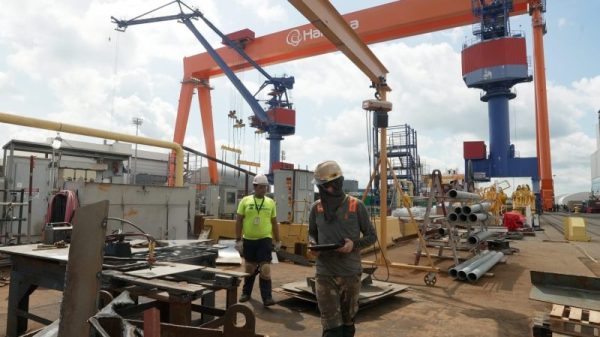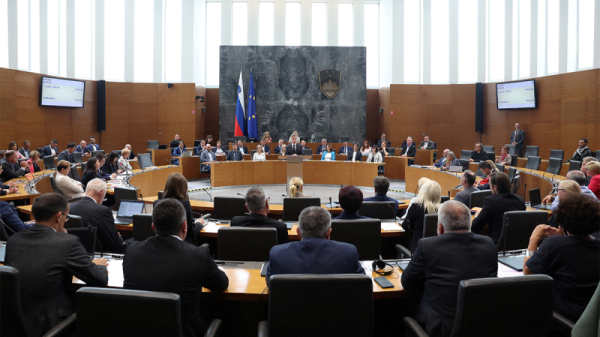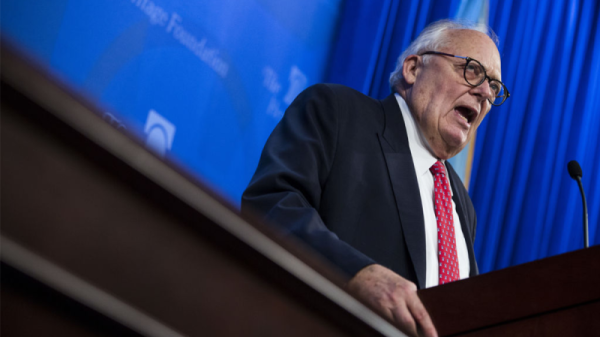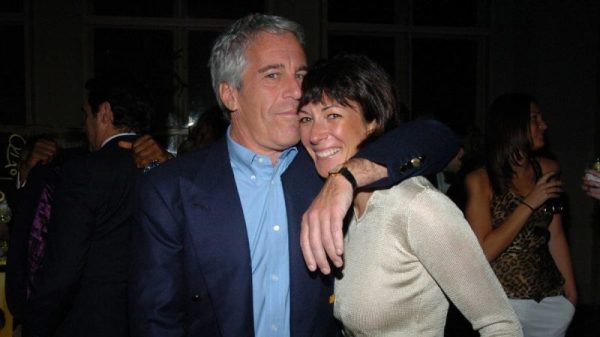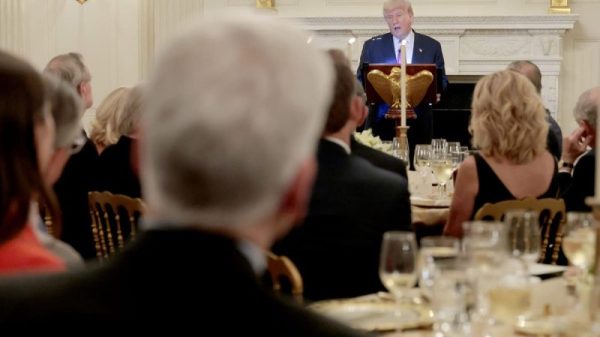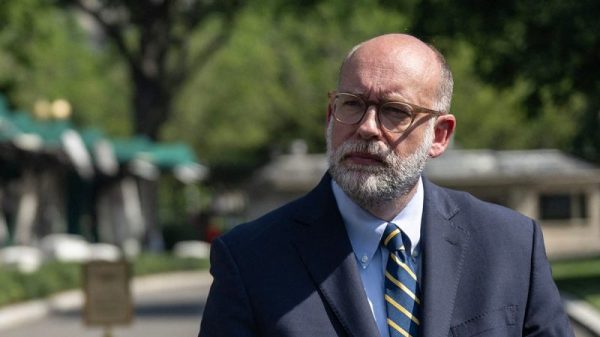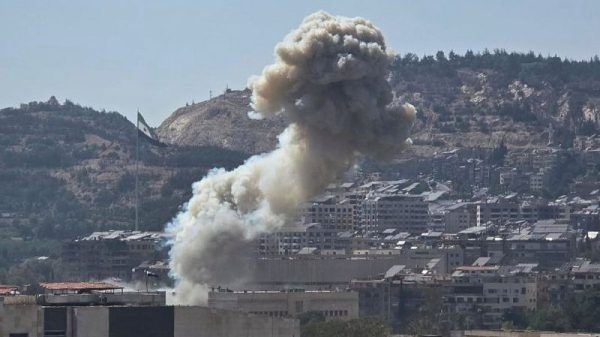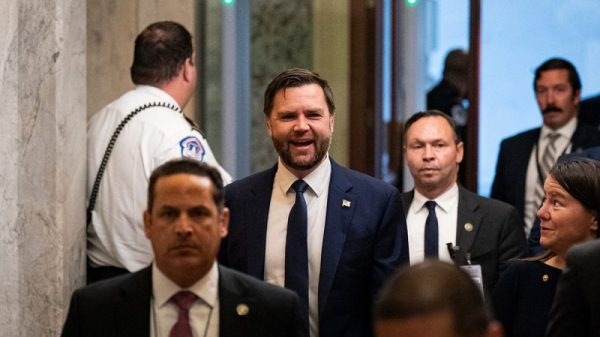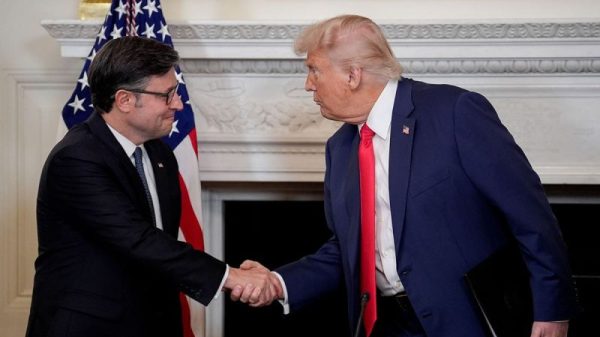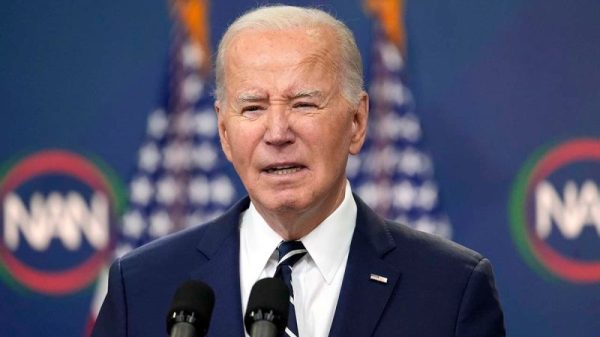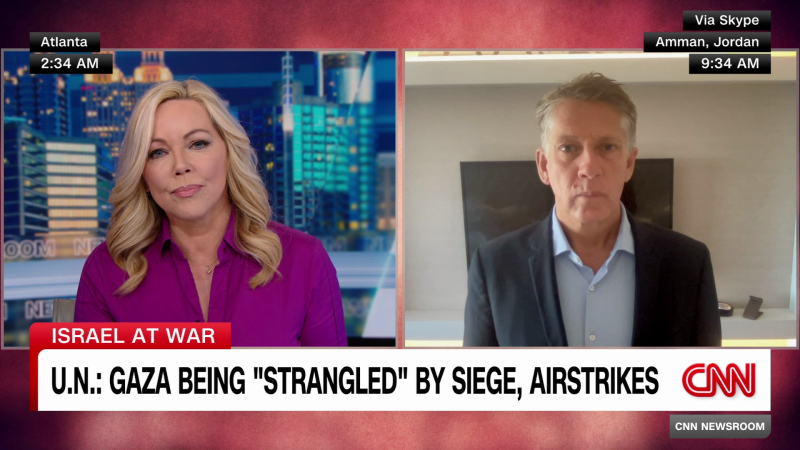Under Israeli bombardment for days, Jason Shawa couldn’t sleep in his home south of Gaza City, so he decided to go to his window to light up a cigarette. There, the Palestinian-American heard shouting, and the sound of panicked cries from the street below.
Opposite the 55-year-old English-Arabic translator, people were fleeing a 10-story building, hauling mattresses, pillows and suitcases. Acting instinctively, and knowing an impending airstrike was likely, he woke his two young daughters, Zeinab, 9, and Malak, 6, from their beds in the basement, a makeshift bomb shelter.
Shawa and his wife grabbed the family’s “emergency bag,” a common item in a Gazan household, containing important documents such as passports and identification cards, but also old pictures of nostalgic value that were never digitized. The family rushed from their home, the daughters barefoot, to an empty hotel nearby, staying until dawn.
Hundreds of thousands of Palestinians have been fleeing south through the battered streets of Gaza after the Israeli military told them to leave northern areas of the densely populated strip, as the Israel Defense Forces (IDF) says it is targeting Hamas militants after a brutal terrorist attack and ensuing rockets killed more than 1,400 Israelis and saw around 200 taken hostage.
Born in Seattle to an American mother and Palestinian father, Shawa is one of an estimated 500-600 Palestinian-Americans in Gaza. They were told by the US embassy that routes out of the Gaza Strip had been narrowed down to one: A passage through the southern Rafah crossing, into Egypt’s Sinai Peninsula. But that remains closed, by the Egyptians.
Right now, he is worried about the chaos that might ensue at the crossing and is grappling with putting his children in further danger. He would also be leaving behind family and friends that he has known for decades.
For others in the United States whose loved ones are in Gaza, the wait for news of when and how they will find a way out is becoming increasingly desperate.
Elshorafa, an American-Palestinian, escaped Kuwait with her family during the Gulf War in 1990, and lives in Camarillo, California. If she manages to get out of Gaza, her brothers, sisters and mother, will be left behind.
“You’re damned if you do, damned if you don’t,” Alshurafa said. “She wants to leave so she can be with her daughter and survive. But if she leaves, she doesn’t know what’s going to happen to her family, and the fate of her family. It’s an impossible situation to be in.”
Trapped with no way out
Even if Shawa decided to leave Gaza, he can’t right now.
US officials have been engaged in discussions for days to try to secure a humanitarian corridor that would allow Americans and other civilians to safely leave Gaza ahead of an expected Israeli military incursion. Thus far, Egypt has not allowed the Rafah crossing to open.
“We anticipate that the situation at the Rafah crossing will remain fluid and unpredictable,” the US State Department advised US citizens. “If you assess it to be safe, you may wish to move closer to the Rafah border crossing – there may be very little notice if the crossing opens, and it may only open for a limited time.”
Added to that, Israeli airstrikes killed at least 28 people in Rafah early Tuesday morning, according to a statement by the Palestinian Ministry of Interior. “When we see Hamas targets moving we will take care of it,” the IDF said in a briefing on Tuesday, responding to the Rafah bombing.
In another attack, at least five people were killed and 15 others were injured in an Israeli airstrike that targeted a multi-story house in Rafah, the Palestinian interior ministry said Monday.
“The US embassy sends standard security warnings and instructions, and I’ve seen statements by the US department of state,” said Shawa. “All of them talk about an opening of the border crossing with Egypt. But they all make sure to say in their statements that the information about this opening is derived from media sources, not official sources.”
The US embassy in Jerusalem put out a security alert Monday that said the Rafah crossing would open at 9 a.m. local time, “according to media reports.”
“I can’t go another day with this torture and false hope,” said Lena Beseiso, 57, of Salt Lake City.
Beseiso – who had not been to Gaza in 12 years – traveled there in late March to visit and spend time with her husband, daughters, niece, and grandson. She too is frustrated by the lack of options given by the US government after repeatedly calling the US embassy emergency lines to seek help.
A statement on the US State Department’s website said that: “The military conflict between Israel and Hamas is ongoing, making identifying departure options for U.S. citizens complex. We are working on potential options for departure from Gaza for U.S. citizens.”
The State Department has long warned Americans against travel to Gaza “due to terrorism, civil unrest, and armed conflict.”
A deteriorating nightmare
Shawa and his family are now in a second home of theirs, a two-bedroom apartment. After getting calls from terrified friends and neighbors, Shawa has now taken in more than 50 people in total, including nearly 20 children and some elderly.
“She (referring to a distant relative) has some kind of dementia or Alzheimer’s. We are not sure,” Shawa said. “These things aren’t easily diagnosed in Gaza, so you can imagine how disconcerting this whole thing is for her, waking up in the night at night and just finding 20, 30 people sleeping on the floor next to her.”
They have limited essential supplies, such as medicine and dry food, but couldn’t take any water because it was too heavy, so bought 500 liters to ration it between all the families. Between them they have five beds and five mattresses, so some adults sleep in the cars parked outside at night.
Shawa’s daughter Zainab celebrated her ninth birthday on Sunday. For a makeshift cake, the families managed to find a prepackaged donut amongst their belongings, and a candle to stick in the middle of it.
When Alshurafa had last spoken to his mother, she was worried about food and water supplies, and is running low on her heart medication.
Despite the dire situation the Palestinian-Americans face, they at least have some hope of being able to leave Gaza soon – a remote prospect for those without alternative passports.
“I get a platform as a US citizen,” said Alshurafa. “I’m lucky in the sense that we have hope and a chance of the border opening up for us, but the rest of the 2.3 million, they have nowhere to go. No borders are opening up for them.”






